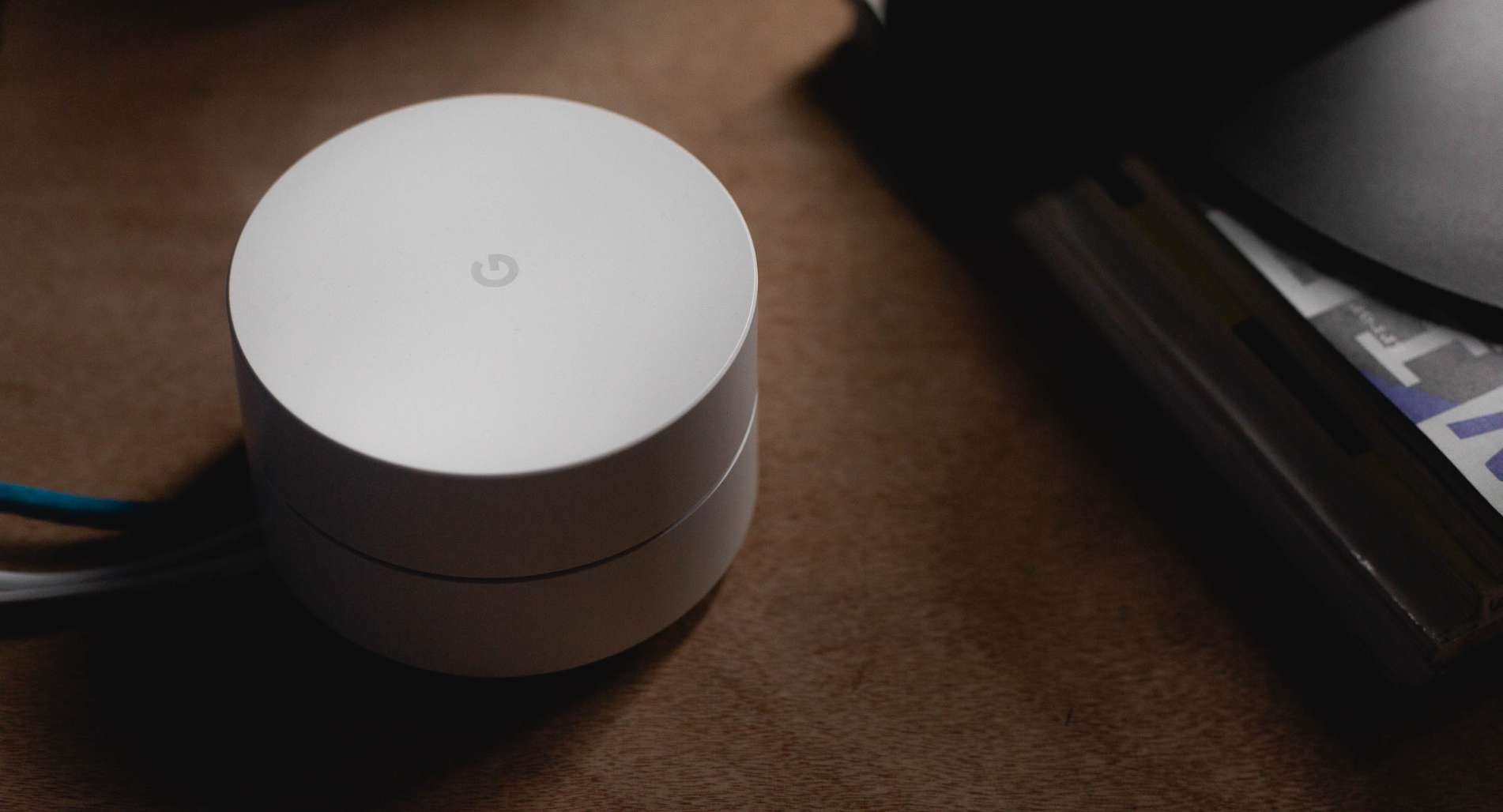Hospitality is one of the largest industries in the world, and yet is an industry which seems to have been avoided by the advent of ultra modern technology and the availability of AI - cloud based PMS platforms only started popping up a few years ago. Certain facets have been modernized - booking, itineraries, and flight searching have all benefited from advances in AI, design, and data gathering. However, the technologies which have become prevalent on the phone and browser aspects of booking and travel aren’t present in most hotel experiences, and especially not in the rooms where guests spend a majority of their time.
All of this coupled with the fact that less than half of the guests who visit most hotels leave a review. And when they do leave a review, they rarely leave actionable, specific feedback. While this is adequate for informing most other travelers about conditions, amenities, and their recommendations, there are simply not enough actionable details for hoteliers to use to improve their property and drive customer satisfaction. In an industry where customer satisfaction is the number one most important metric for building a sustainable business and driving loyalty and return visitors, this lack of visibility can be a huge competitive disadvantage.
Vacation rental platforms like Airbnb and Vrbo keep everything ‘in-house’, meaning that visitors can search for, book, and rate stays all within the same place. This makes it extremely easy to engage with guests, and prompt them to leave detailed feedback and actionable reviews. Something like 85% of vacation rental visitors leave all sorts of really useful information because it’s a) structured to make it really easy for them to write reviews and b) they never have to leave the one app they use for planning their entire stay c) they are also reviewed which creates a chance for reciprocity and an increased interest in the reviews even after the stay (unlike in hotels).
It would be incredibly difficult to create this type of unified experience for the rest of the hospitality, and guests are rarely inclined to download additional apps for the brief duration of their stays. Therefore, an alternative channel for engagement must be identified which is easy-to-use, requires minimal setup, and is able to collect useful information from guests and interact with them in a seamless and meaningful way, without adding any burden.
It just so happens that an intuitive way of solving this problem is reaching a high level of maturity. The developments in voice technology and conversational AI, and more importantly; the recent opportunity for developers to leverage these technologies for custom solutions mean that it can be used to address all sorts of problems within the hospitality space.
Considering that one of the largest constraints is the reality that most guests won’t download additional apps or programs, conversational interfaces, and especially ones multi-modal (voice and instant messaging) are perfectly suited to applications within the hospitality industry. From the moment a guest checks-in, they can talk to the room, chat with the hotel’s AI, and get a wealth of information relevant to their stay. They also have the ability to, quickly and efficiently, leave comments and feedback on any and every part of their stay. This leads to a new level of information gather and support which would otherwise only be possible in one-to-one interactions with a concierge or host.
Many hoteliers look at app and software designers with envy. When they’re building a product, they can track every iota of information regarding user behavior and interaction with the product, and early stage products in particular have a very dedicated cadre of users who are in constant contact with the developers, designers, and engineers and share their thoughts and experiences on every aspect of the product. While hospitality can never get the same level of transparency (It’d be a huge surprise if guests consented to having their movements tracked and their rooms covered by cameras), giving guests a easier way to offer suggestions and leave feedback is a meaningful step in the journey to compete on data with the likes of Airbnb et. al..
This is because talking is natural, and people are generally inclined to be open and honest about what they think. Especially when they don’t have to worry about offending the person they’re talking to. Interaction with voice-assistants is extremely intuitive and can perform well with the non-tech savvy as well, so the learning curve to onboard guests is absolutely minimal. Add that to the fact that a digital interface removes some of the inherent awkwardness associated with complaining in person, and hoteliers given a powerful tool in their quest to figure out exactly how to drive customer happiness and satisfaction.
Voice and conversational interfaces can also be used to automate many aspects of the in-stay experience. Ordering room service, scheduling spa treatments, and having a drink brought to the pool are all meaningful actions and can be directly integrated with existing hotel PMS platforms, and can all be revenue drivers. Even something as simple as giving guests shuttle information can be automated, meaning the frustrating experience of having to wait in line for a 10 second question can be avoided altogether. Which can turn an average stay (which would then go unreviewed) into a positive review.
All of these benefits amount to a powerful new way in which savvy hoteliers can increase customer satisfaction. It offers a better understanding of exactly what their thoughts and wants are, and provides the ability to act upon them in real time, and with no increase to their overhead.
These technologies are ready to be deployed, and benefit from the fact that there is such an incredible future for them going forward. In a few years, it’s entirely possible that many aspects of the guest management experience are going to be completely automated, and that AI and voice can provide guests with an unparalleled level of support while they’re staying at a hotel.



